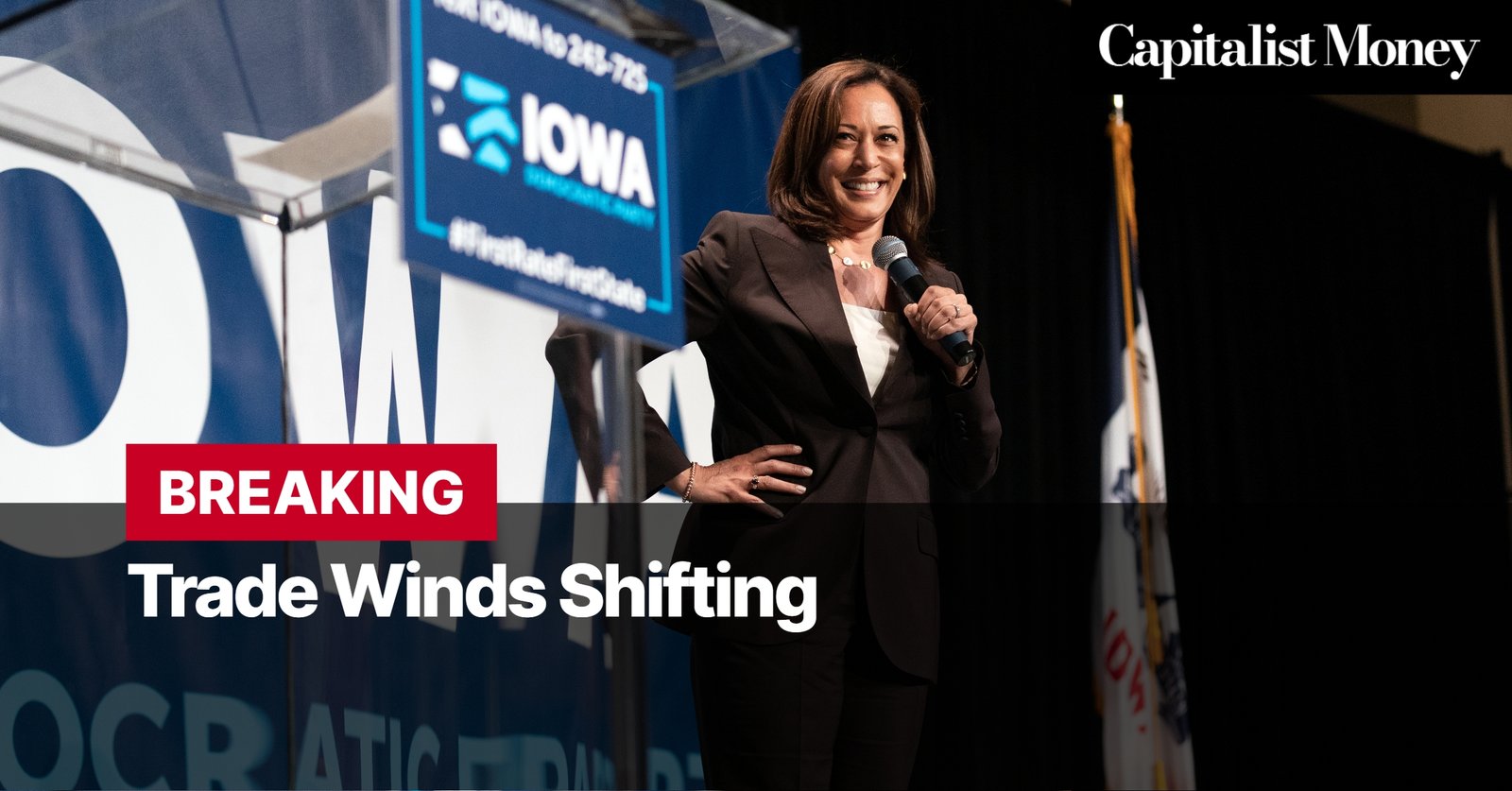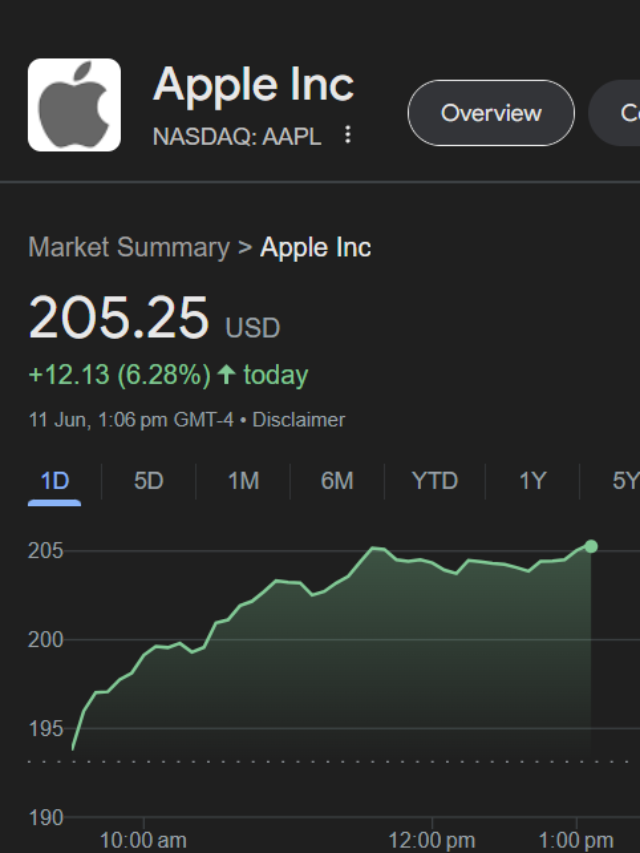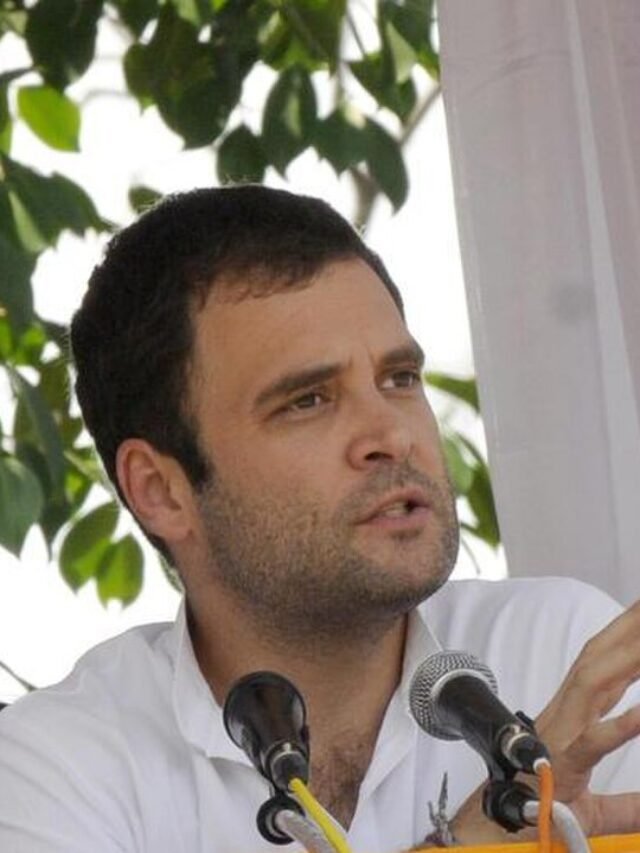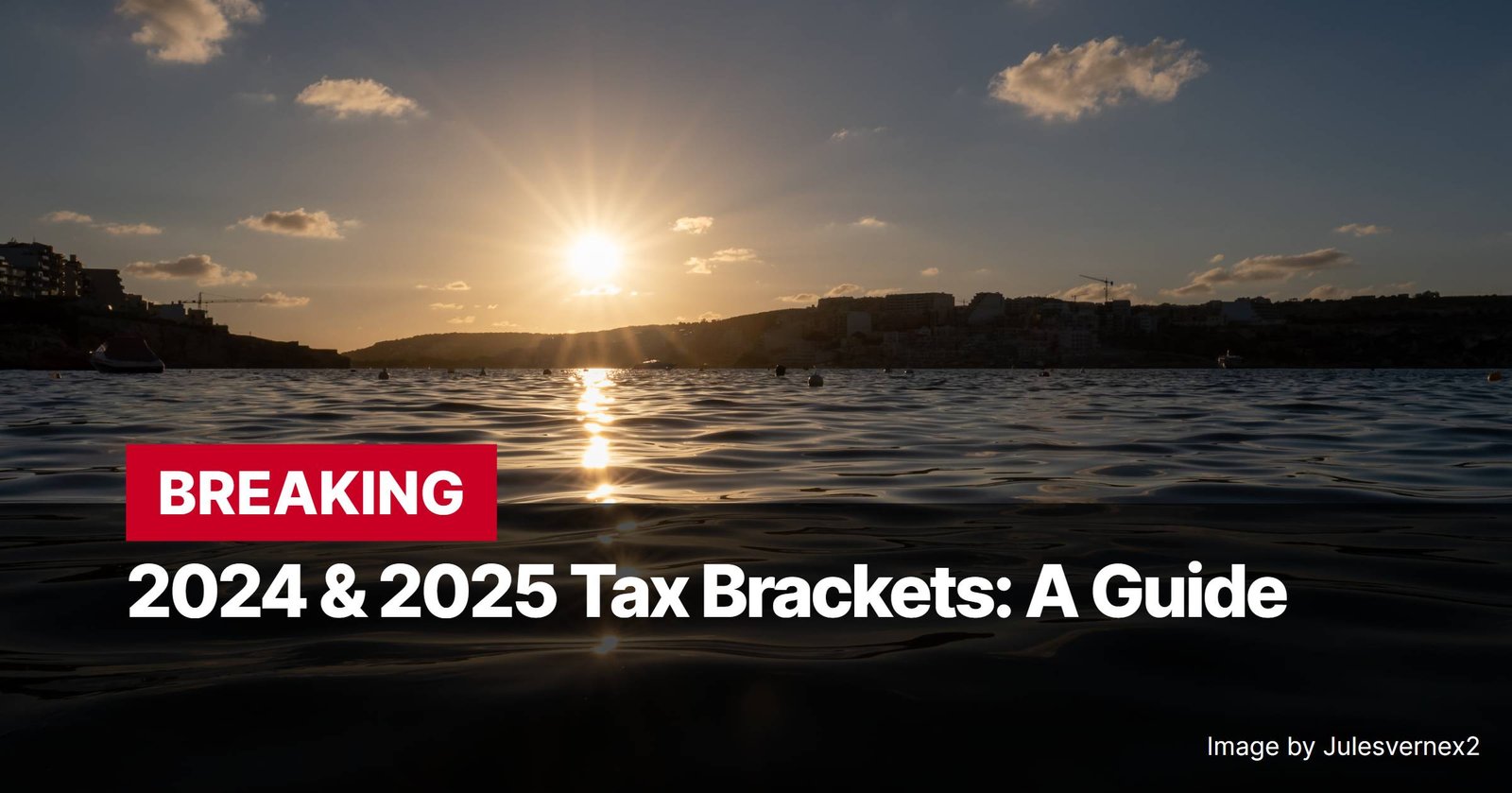The 2024 presidential election is poised to bring a significant shift in the US trade landscape. The potential pairing of Vice President Kamala Harris and Minnesota Governor Tim Walz, should they prevail in November, presents a distinct departure from the current Biden-Harris administration’s approach to trade.
While the Biden-Harris administration has focused on safeguarding domestic industries and addressing perceived trade imbalances, particularly with China, the potential Harris-Walz administration could bring a different set of priorities to the table. This article explores the potential nuances of US trade policy under a Harris-Walz presidency, examining the candidates’ past records, expert opinions, and potential implications for US trade relationships, particularly with China.
Kamala Harris’s record as a senator and her time as Vice President have largely focused on domestic issues, offering a relatively clean slate regarding trade policy. While Governor Walz, known for his focus on agriculture and rural Minnesota, has a more distinct track record in the realm of trade.
His stance on tariffs, particularly those imposed by the previous administration, suggests a potential for a more nuanced approach to trade negotiations. Walz’s history of advocating for his constituents, particularly farmers impacted by retaliatory tariffs, suggests a sensitivity to the economic repercussions of trade policies.
Experts in the field speculate that a Harris-Walz administration might bring a ‘slightly more friendly’ approach to trade, potentially leading to a more open and less protectionist environment. However, it’s crucial to consider the candidates’ past stances on specific trade agreements.
Both Harris and Walz have expressed reservations about past trade agreements like the Trans-Pacific Partnership and the USMCA. They have historically emphasized the need for stronger worker protections and environmental safeguards in trade deals.
The upcoming election will likely see a vigorous debate on the future of US trade policy, with the potential for a new approach under a Harris-Walz administration.
Navigating the Trade Winds: A Potential Shift Under Harris-Walz
The Biden administration’s approach to trade, particularly its utilization of tariffs as a primary tool, has been a subject of considerable debate. While the administration has argued for the strategic necessity of these measures, particularly in the context of the complex relationship with China, a potential Harris-Walz administration may signal a nuanced departure from this course.
Vice President Kamala Harris’s relatively limited public pronouncements on trade policy leave room for speculation, but the experience of her potential running mate, Minnesota Governor Tim Walz, offers a compelling glimpse into a different perspective. Governor Walz’s background representing a predominantly rural district and subsequently governing an agriculture-centric state has provided him with a firsthand understanding of the ramifications of tariffs on American farmers.
He has been a vocal critic of the trade war with China, emphasizing the detrimental impact on agricultural exports and the resulting economic strain on rural communities. His advocacy for a more conciliatory approach underscores a pragmatic awareness of the interconnectedness of global trade and the vulnerability of specific sectors to protectionist measures.
This nuanced perspective distinguishes him from the current administration’s more assertive stance and suggests a potential shift towards a more calibrated approach to trade negotiations. Furthermore, Governor Walz’s proactive efforts to cultivate trade relationships with key partners like Japan, South Korea, and Canada underscore his commitment to fostering international economic cooperation.
These endeavors demonstrate a recognition of the importance of diversifying trade partnerships and reducing reliance on any single market. His emphasis on building robust and mutually beneficial relationships with these nations suggests a potential move towards a more multilateral approach to trade, contrasting with the current administration’s focus on bilateral agreements.
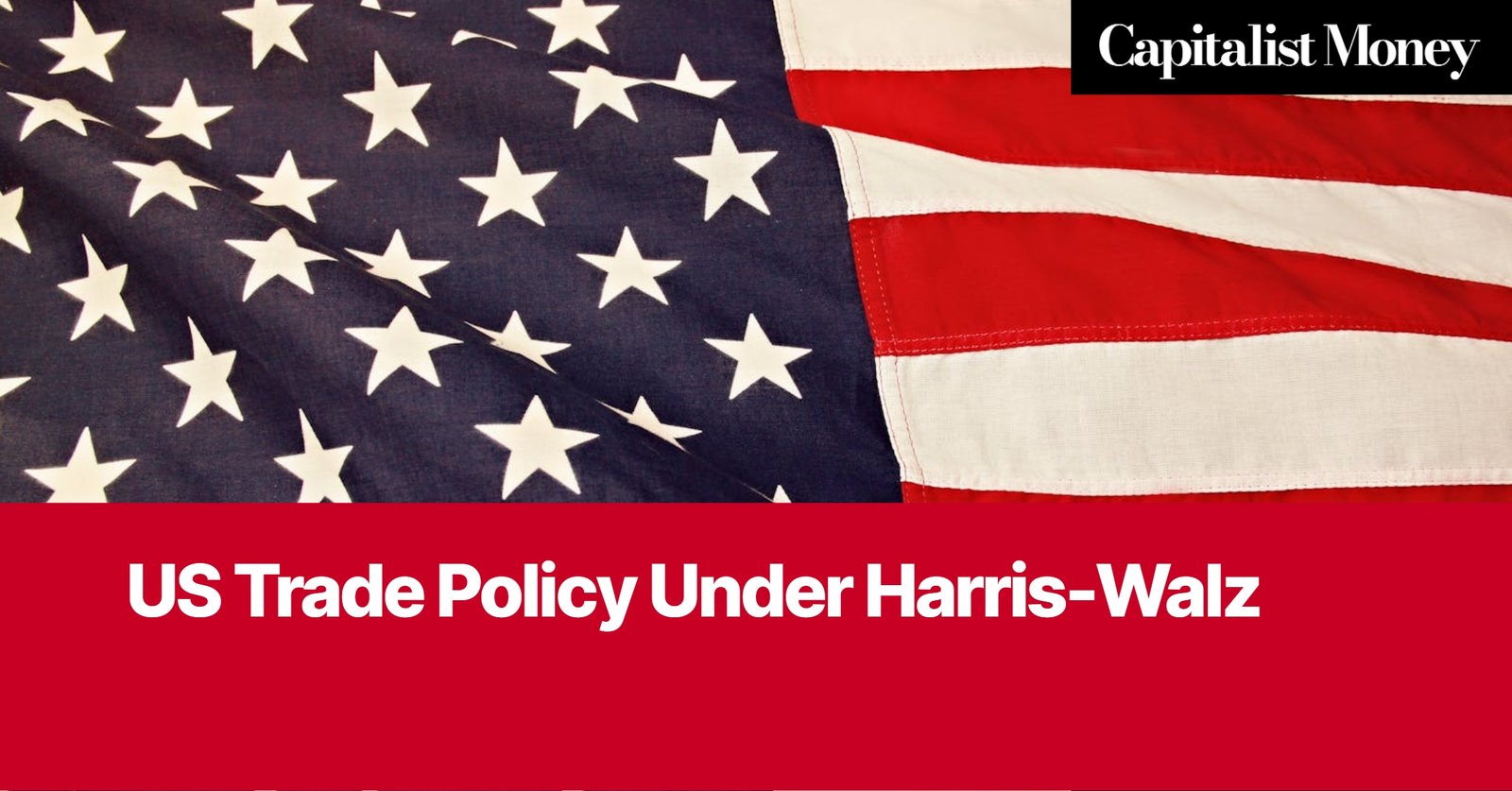
From Rural Roots to Global Trade: Walz’s Pragmatic Approach
Governor Walz’s perspective on trade is inextricably linked to his deep understanding of the challenges faced by the agricultural sector. Having witnessed the direct consequences of tariffs on farmers in his home state, he has consistently championed policies aimed at mitigating the negative impacts and fostering a more stable and predictable trade environment.
This commitment stems from his representation of a rural congressional district, where the livelihoods of his constituents were directly affected by the fluctuations in global commodity markets and the retaliatory tariffs imposed by trading partners. His tenure as governor further solidified his appreciation for the complexities of international trade and the need for a balanced approach that safeguards the interests of American businesses and workers, particularly those in vulnerable sectors like agriculture.
Beyond his focus on mitigating the negative consequences of tariffs, Governor Walz has also demonstrated a proactive approach to expanding trade opportunities for Minnesota businesses. His numerous trade missions to countries like Japan, South Korea, and Canada exemplify his commitment to forging new partnerships and strengthening existing ones.
These efforts reflect a broader understanding of the importance of global engagement in promoting economic growth and prosperity. By actively seeking out new markets and fostering relationships with key trading partners, he has positioned Minnesota as a competitive player in the global economy.
Moreover, Governor Walz’s personal experience living and teaching in China provides him with a unique perspective on the intricacies of the U.S.-China trade relationship. His fluency in Mandarin and his service on the Congressional-Executive Commission on China underscore his deep familiarity with the nuances of Chinese culture and politics.
This firsthand knowledge allows him to navigate the complexities of this crucial bilateral relationship with a depth of understanding that few possess. His emphasis on diplomacy and engagement, coupled with his firm stance on human rights, suggests a potential for a more nuanced and multifaceted approach to U.S.-China trade relations under a Harris-Walz administration.
In conclusion, Governor Walz’s background and experience suggest a potential shift in U.S. trade policy under a Harris-Walz administration. His pragmatic approach, shaped by his rural roots and his deep understanding of the agricultural sector, coupled with his commitment to fostering international partnerships, points towards a more balanced and nuanced approach to trade negotiations.
While the specifics of their trade agenda remain to be seen, the potential for a shift away from the current administration’s tariff-centric strategy is evident. This potential change could have significant implications for American businesses and workers, particularly those in the agricultural sector, and could reshape the landscape of U.S. trade relations for years to come.
A New Dawn for US Trade Policy?
The potential election of a Harris-Walz administration could herald a significant shift in the US approach to international trade. While details remain sparse, the historical record of both candidates suggests a move towards a more nuanced and perhaps liberalized trade policy, particularly concerning tariffs.
This potential departure from the protectionist tendencies of recent administrations offers a glimmer of hope for businesses and consumers alike, who have borne the brunt of escalating trade tensions. The prospect of a less adversarial approach, coupled with a renewed focus on multilateral collaboration, could revitalize the global trading landscape and foster greater economic cooperation.
Navigating the Complexities of Global Trade: A Fresh Perspective
The Harris-Walz ticket presents a compelling blend of experience and perspective that could reshape US trade policy. Vice President Harris’s demonstrated skepticism towards certain free trade agreements, rooted in concerns about worker and environmental protections, aligns with the growing demand for a more equitable and sustainable global economic system.
Governor Walz’s extensive experience with China, including his personal connections and understanding of the complexities of the US-China relationship, offers a valuable asset in navigating the delicate balance between economic cooperation and geopolitical considerations. His past criticism of China’s human rights record suggests a willingness to engage in frank dialogue and advocate for fundamental values.
The potential for a Harris-Walz administration to prioritize collaboration and address human rights concerns in trade negotiations represents a significant departure from the transactional approach of previous administrations. By engaging with trading partners in a more constructive and principled manner, the US could leverage its economic influence to promote not only its own prosperity but also the well-being of workers and the environment worldwide.
Ultimately, the Harris-Walz ticket offers the promise of a fresh perspective on US trade policy, one that embraces the complexities of the global landscape and seeks to foster a more equitable and sustainable future. Their potential election could stimulate a much-needed debate on the role of trade in the 21st century, leading to a more balanced and effective approach that benefits both the American people and the international community.
The prospect of a less antagonistic and more collaborative approach to trade under a Harris-Walz administration holds significant implications for businesses, consumers, and the global economy. By prioritizing diplomacy and multilateral engagement, the US could forge a new path in international trade, one that fosters greater prosperity and stability for all.
- Amad Diallo’s Rise and Manchester Derby Excitement
- Navigating the 2024 and 2025 Tax Landscape: Brackets, Rates, and Planning Ahead
- Palantir: From Shadows to Spotlight, Navigating Controversy and Innovation
- The Relentless Myles Garrett: Battling Through Injury in Browns’ Loss
- Luka’s Triple-Double Dominates as Mavericks Outgun Warriors in Three-Point Barrage







